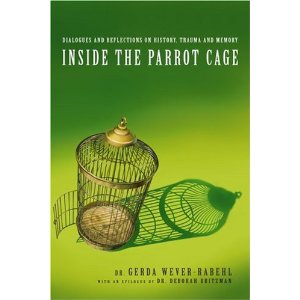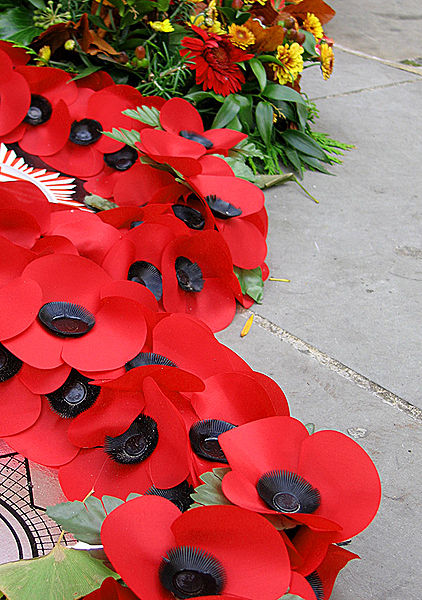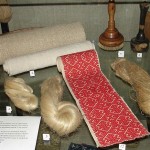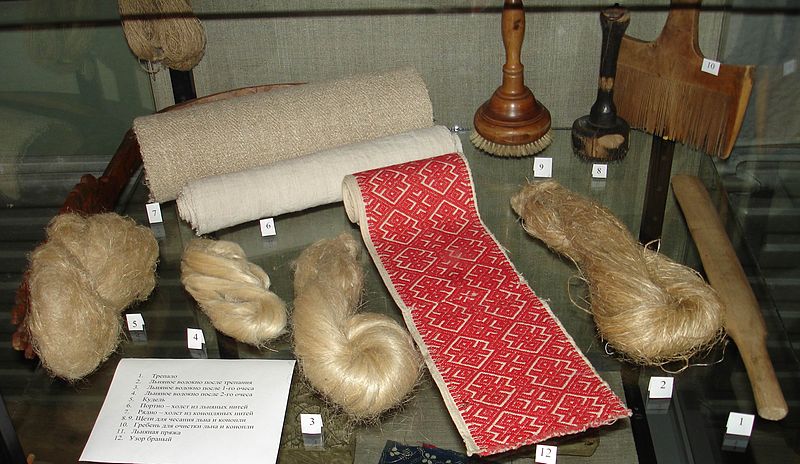I am not a fan of most of today’s TV shows. Reality programs insult my intelligence. I am disgusted by cheap sex and excessive violence on other prime time fare. And supposed heroes, who rarely think in terms of the morality of their choices or writing that doesn’t reveal the consequences of those choices make me angry. Oops, there I go criticizing other writers. My apologies to the good ones, but really, I am quite fed up and only watch a handful of TV offerings.
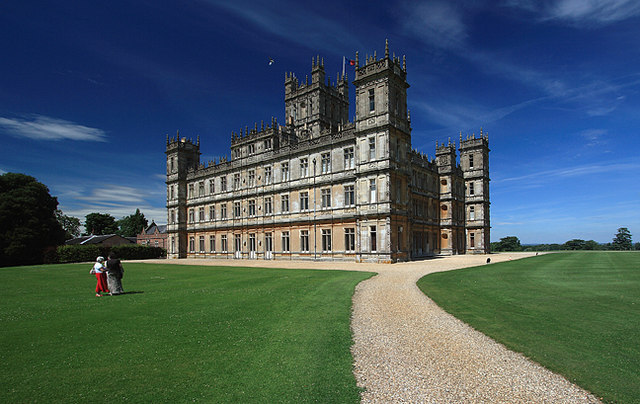
Highclere Castle aka Downton Image by Mike Searle
Downton Abbey, I have recently discovered, is a show worth watching. In fact I haven’t enjoyed a TV series so much since… Road to Avonlea or Little House on the Prairie. Now my secret is out, I’m a sentimentalist, in love with the imaginings of a distant past, but that is not the whole story.
If you have never seen this popular British drama set in the earlier part of the 20th century, here is the synopsis. Downton Abbey is an estate home peopled with Lords and Ladies and at least as many servants. Their ongoing struggle is about whether or not they will be able to maintain their way of life, within the rapidly changing paradigm of the 20th century.
Visually the series is a feast for the eyes. The costumes are gorgeous, the interior of the house fascinating. And I just love the English, Scottish and Irish accents. But none of that would be enough to hook me past the first episode or two. What is the rest of the appeal?
Is it the romance of the era my English grandmother came of age in? The love story of Bates and Anna? The zinging wit of the Dowager Countess? The transparency of Matthew’s eyes and personality juxtaposed against Mary’s opaque and contrasting visage? Is it the constant conflict between new ways and old or perhaps the clever storyline?
All that and more.
Though Jane Austen’s books were written in a previous era, the way the people of Downton Abbey relate remind me of her writing. Communication was different.
First of all, conversation was constrained to some extent by station. Even among the servants there was a hierarchy. Everyone knew where they stood in this complex social strata and it was only by the most unusual circumstance, that one would ever move up from a “servant” to a “Lord.” But even within within this rigid social system there was honour.
Acting with honour was crucial in order to maintain the respect of the “house” and your peers, be they staff or aristocracy. To act dishonourably, was to risk your station in life, your job and your good name. Scandal was, well, scandalous. Good was good, bad was bad and it was terribly important to at least maintain a façade of goodness.
Would I want to go back to this society? This romanticized version of it probably never existed, so no. A lack of choices for women, fixed social classes, and harsh, lasting judgement on those who had fallen do not fully recommend Victorian and Edwardian sensibilities. Fortunately at Downton there are forgiving souls like Mrs. Crawley and Mrs. Hughes, willing to extend grace and kindness.
Yet, even within this discriminatory system, there was a modicum of respect which seemed to surpass everyone’s station in life. One could say what one had to say and still be polite. You had to eat dinner with these people every day so civility was required.
What is also refreshing is that, in the case of dilemmas and moral failings, the consequences of one’s actions are clearly set out from the first season.
A visiting Turkish diplomat dies in Mary’s bed and the potential repercussions of this disaster are enormous. Covering her tracks becomes necessary for Mary but it turns out dishonesty is not the best policy either.
A few seasons later, Edith has one night with the man she expects to marry. This indiscretion results in pregnancy, but when her lover goes missing her choices are dismal. She contemplates abortion, but then realizes she won’t be able to visit the nursery to see her niece and nephew.
I have often complained that I don’t like shows where there aren’t good guys and bad guys. I can’t know who to root for. But Downton Abbey has made me rethink this, because the characters make choices and weigh their behaviour not only to what course of action is of the most immediate benefit to everyone in the house, but also according to the virtues of right and wrong, honour and dishonour, kindness or cruelty. It makes me identify with all of them. When a character takes a wrong turn, the likely path of that choice ensues, something like real life.
Of course, Thomas, who thinks only of himself, appears to be the exception to this rule. We just know he probably has some deep insecurity rendering him incapable of anything else. But who knows? Maybe someday his character will make the connection between his actions and his unhappiness and redeem himself.
Characters who weigh moral choices. Episodes that reveal consequences. In today’s television offerings Downton Abbey is unique.



